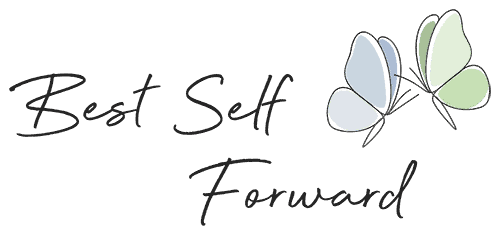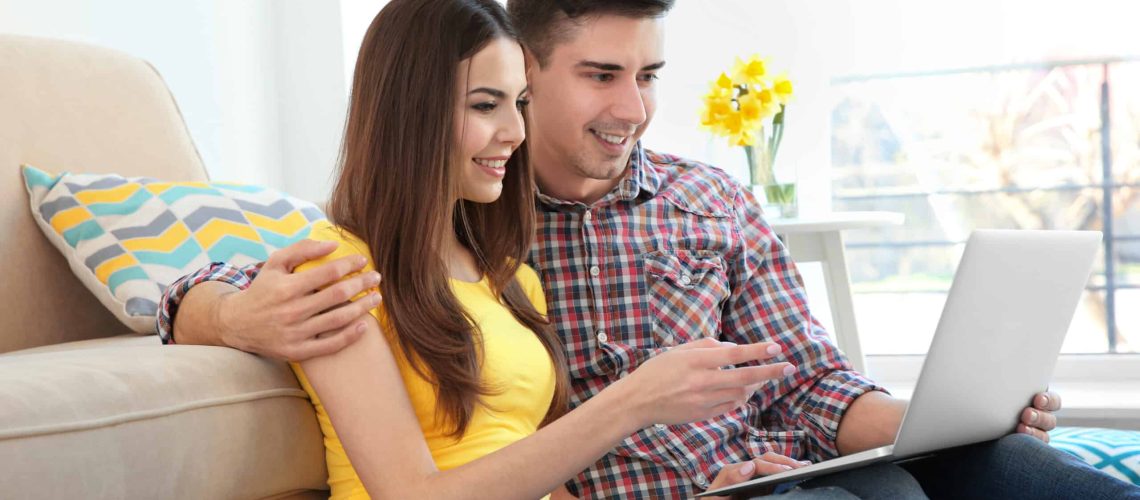A lot goes into maintaining a healthy relationship. It takes effort and commitment to continuously nurture the relationship and each other without losing sight of your own needs, wishes, hopes, and desires.
If even a single aspect falls out of alignment, it can have a negative effect on the relationship as a whole. When one individual experiences stress – whether from work, children, or due to financial issues – this can bleed into the couple’s interactions with each other.
Small issues in a relationship are normal. We all go through the peaks and troughs of good times and bad times. What isn’t normal is letting these bad times spiral out of control to negatively affect your partner or the relationship.
In moments of heightened stress for one or both individuals, online couples counselling can ensure you both make it through stronger, happier, and more prepared for the road ahead.
In-person Counselling vs. Online Couples Counselling
Most of us have heard of couples counselling, where you work face-to-face with a licensed professional who is able to navigate challenges and keep your values as a couple front and centre.
Traditional couples counselling is a fantastic option, but sometimes it isn’t always feasible. This could be due to the time commitment of both individuals having to travel to a physical location. After all, when going through difficult periods, a common side effect (or even symptom) is having too many pressures on your time.
It could also be that you just don’t feel you’re ready for in-person couples counselling. I maintain that this is a misconception – anyone at any point is eligible to receive support and proactive counselling is a wonderful way to help a new relationship flourish. However, I understand how some couples would feel it’s too big a leap for their situation.
Whatever the reason that in-person counselling doesn’t work out (there are many), online couples counselling represents a viable and beneficial alternative that can strengthen your bond with your partner in a more convenient setting.
How is Online Couples Counselling Different?
Online couples counselling is, mostly, the same as in-person counselling except that it takes place over a platform such as Zoom or similar.
Generally speaking, the couple will be physically together in a space they feel comfortable in, while the counsellor appears on camera. Online couples counselling is also a wonderful solution for couples that are frequently separated, whether for military reasons, work, or hospitalization.
Beyond this, the online context also equates to choice. Whether the couple is in a remote area or have limited options for therapists nearby, they are able to find a professional who meets their needs – and without a long drive.
Most importantly, despite the different context, counselling attendees report a similar level of satisfaction with their support as those who take part in face-to-face counselling.
Is Online Couples Counselling For Everyone?
It’s worth noting that, in some situations, online couples counselling may not be right for you. The most important context when online counselling should be avoided is when there is domestic violence involved.
For couples counselling to be effective, both partners need to have equal power in the relationship and to be able to comfortably speak for themselves. When the power is imbalanced for any reason, it is important that the therapist is fully aware of that.
Although well-trained therapists do their best to scan for domestic violence, victims of domestic violence frequently will not speak about the abuses they suffer openly, making non-verbal cues that much more crucial for the therapist to see. In-person sessions are more likely to provide opportunities to catch these cues. If the counsellor misses such cues, they can inadvertently encourage the couples to stay together to work on the presented (less severe) issues instead of empowering the victim to leave.
If you are experiencing domestic violence, please take the necessary steps to find a supportive professional who you can speak to without your partner present.
While domestic violence is the most serious situation where online couples therapy isn’t recommended, there are others where it’s a good idea to go with the in-person alternative.
For example, if the technology at your disposal isn’t up to scratch, the constant interruptions may get in the way of the support. Alternatively, you or your partner may not have enough privacy where you live or simply feel less anxious in a neutral context. In any of these cases, the in-person option may be a better choice for you.
At the end of the day, everyone’s different and there’s no one right answer, so take the time to look at your own situation to find the right support for you.
How Do I Find the Right Counsellor?
Counselling is a very personal experience and it’s important that everyone feels comfortable for the treatment to be effective. I’ve spoken before about choosing a counsellor for you but here are the cliffnotes if time is of the essence!
Firstly, there is the “feeling” you get from the professional. In the same way that you get a feeling which makes you want to be friends with someone or when choosing a romantic partner, you need to feel good in their company.
In an online context, it is harder to get a feel for the counsellor before beginning the sessions, so it’s recommended to schedule a call to ask them a few questions, which brings us to our next point… Their professionalism.
Trust is a huge part of any counselling session and the more you know about the counsellor, the better. During your call, here are a few sample questions you can ask:
- What approach to counselling do you take and is there any research to support it?
- What goal should we aim for? Is it just to improve our relationship or find out if we’re right for each other?
- How do we know if the counselling sessions are working and how long does it usually take?
- Will we need to make any changes or do “homework” outside of the counselling session?
- How do we make sure our privacy is maintained?
If you’re happy with these questions (or whichever ones you feel comfortable asking) and get a good feeling from the counsellor, you can move on to asking about prices, insurance options, and other logistical issues.
What Can I Expect From the Sessions?
Couples counselling is a process that takes time to work. While no two counsellors are exactly alike, the first few sessions generally involve identifying shared goals, exploring your history as a couple, and building up a sense of trust.
Once everyone feels comfortable, you begin identifying relationship issues and developing strategies to overcome them. Between sessions, you would also be asked to put these strategies into practice and explore the outcome in following meetups.
It’s common for these sessions to feel challenging as real change is rarely comfortable. However, the counsellor will understand how to approach this in a gentle manner with support and encouragement to foster new behaviours and enjoy positive, long-term results.
If Something Isn’t Right, Take the First Step
It may be that online couples counselling is right for you or you may require in-person sessions. The specific route you go down doesn’t matter, what does matter is that if you feel something isn’t right – no matter how small – now is the time to take action.
If you have more questions or would just like to talk through your options, please feel free to reach out. I take great pleasure in helping people begin their journeys.
Maha Elias is a Registered Clinical Counsellor (RCC), Canadian Certified Counsellor (CCC), Comprehensive Family Mediator (FMC), and sexual health and trauma-informed couples therapist with a private counselling practice in Victoria, British Columbia.

